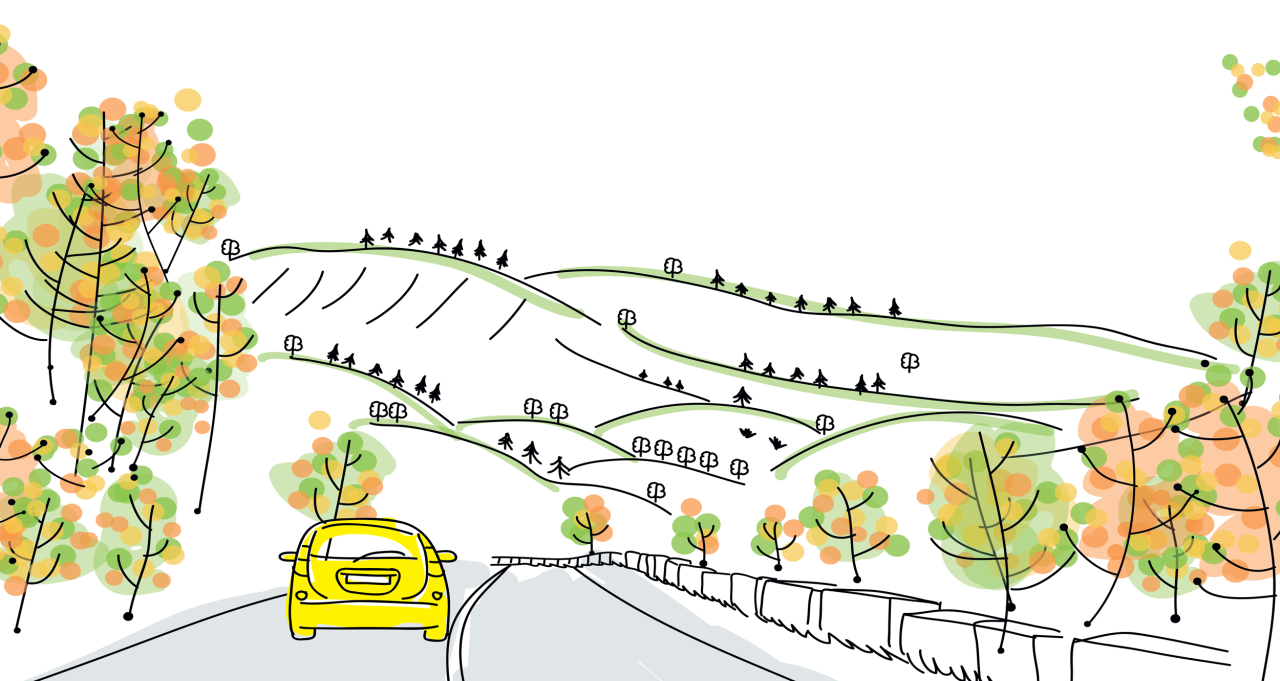

99
Quanto às tendências para locadoras
de veículos, a consultora vê muito boas
possibilidades. Mas entende que os em-
presários devem desde já repensar o seu
negócio e realizar planejamento para a pró-
xima década. “Será que a geração que hoje
cresce sentindo na pele os problemas am-
bientais vai querer andar somente de car-
ro, individualmente, mesmo sabendo dos
danos que provocam? Quais serão outros
meios? Se existem projetos para criação de
mais ciclovias, não está aí uma oportunida-
de? O momento é de trabalhar o hoje, mas
também de se preparar para o amanhã”,
recomenda.
Enfim, Nádia esclarece que sustentabi-
lidade não é um modismo corporativo, nem
instrumento de pressão social; é uma ne-
cessidade essencial para a sobrevivência
de todas as formas de vida no planeta Ter-
ra, comprovada inclusive pela Organização
das Nações Unidas (ONU).
After re-engineering, quality control circles (QCC), outsourcing,
and other fads from the corporate world in the 1980s and 1990s,
sustainability become a sort of trophy to be won and displayed by
companies at the beginning of the millennium.
Companies want to be sustainable at all costs, although a lot
of managers do not even know what it means. Some adopt a town
square or a street and put a sign up announcing their achievement in
this field, as if they have done their bit to save planet Earth.
Sustainability, however, is not just an isolated act for the good of
nature. It is a commitment to the conservation of natural resources for
use by future generations, combined with meeting today’s social and
financial needs.
“Being sustainable means being sympathetic to the environment
and to people,” says Nádia Rebouças, a director and consultant at
the company that bears her name and whose client portfolio includes
companies that are among the largest in Brazil in their segments.
Rebouças says new production concepts and parameters
for profit, as well as consumer awareness, are the ways to reduce
the degradation of the ecosystem, which is already affecting the
world.”That which was believed would happen by 2030 is happening
now,” she says, warning of rising temperatures, melting glaciers and
abrupt climate changes.
“This is no longer a forecast - it is a fact,” Rebouças adds. “The
planet is connected through am ecosystem that functions as a unit.The
water shortage in São Paulo is one example, because the reduction
in rainfall in the state has been shown to be a result of deforestation
thousands of kilometres away in the Amazon jungle,” she says.
As paradoxical as it may seem, these events have made ebouças
hopeful. “Disasters are what make people aware. Maybe now that the
problem is knocking on the door and affecting everyone, attitudes will
begin to change”, she says.
Nádia Rebouças sees closer ties between businesses and
consumers in the future, in search of balance. “Business organizations
will not have customers, they will have partners to exchange
information with. Companies will know if their products or services are
getting it right,” she stresses. “Consumers will be more demanding
and will want to know more about the origin of their products and the
procedures followed by who makes them,” she continues.
The scarcity of natural resources and excessive pollution are
pressuring the planet and impacting all forms of life. Many businesses
will be hit hard, but that does not mean chaos. Far from it, it means
renewal.
With regard to trends for vehicle rental and leasing companies, the
consultant sees a lot of good possibilities. However, she believes that
businesspeople must now rethink their businesses and plan for the
next decade. “Will the next generation, which is feeling the real impact
of environmental problems, want to ride in a car alone, knowing the
damage it causes? What will the other means be? If there are projects
to create more bicycle lanes, isn’t that an opportunity? It is time to work
today, but also to prepare for tomorrow,” Rebouças advises.
Rebouças adds that sustainability is not a corporate fad or
instrument of social pressure - it is essential to the survival of all
life forms on planet Earth, and has been proven, furthermore, by the
United Nations (UN).
The time is now!
Sustainability is not a fad. Proof lies in the fact that climate changes forecast for
2030 are already affecting Brazil. These are times for action, says Nádia Rebouças

















